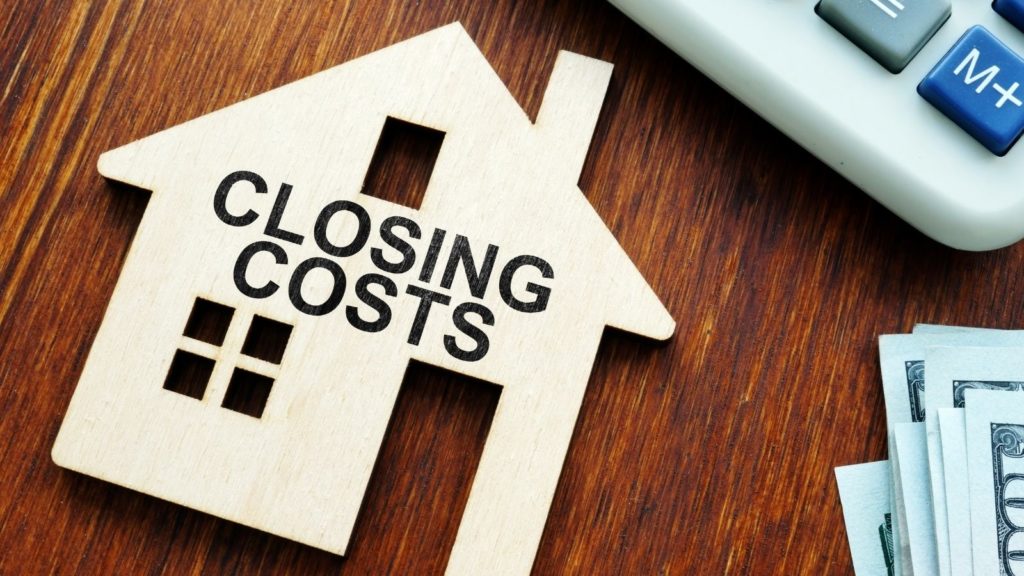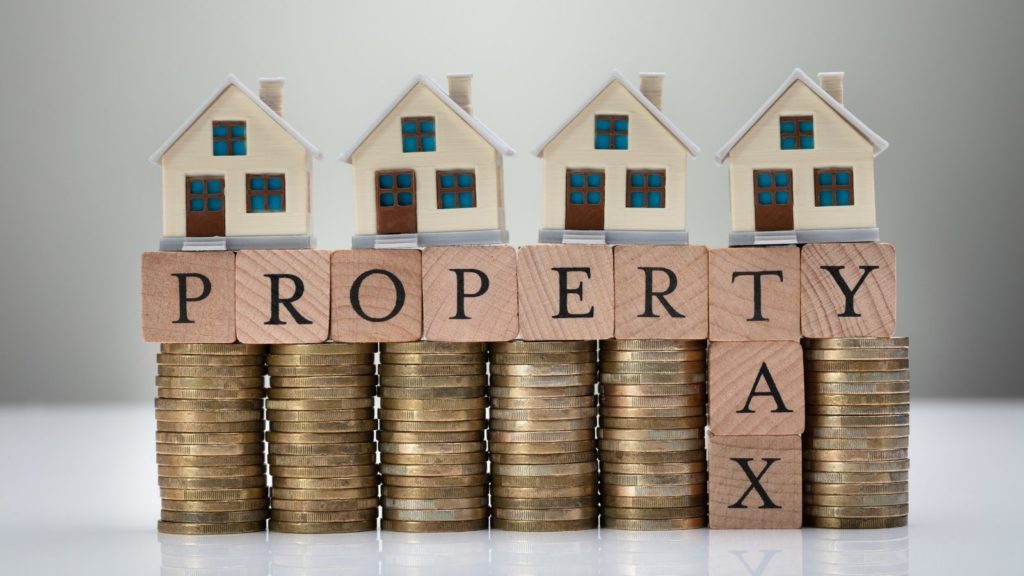As a first-time homebuyer, you may not realize closing costs are and how they will impact your purchase. Closing costs can be an exorbitant expense when buying your first home. It is important to know what closing costs are and how they will affect you in the long run so you can plan accordingly.
What Are Closing Costs?
Closing costs are all the monies required to complete a real estate transaction. When a real estate deal is made, the buyer and seller enter into a contract to complete a sale.

This means that by signing the sales agreement, both parties agree to sell or purchase that property for an agreed-upon price on specific terms of sale. In order for that transfer of ownership to happen, there are additional expenses that must be paid from either party, which are known as closing costs.
How Much are Closing Costs?
Closing costs vary due to differences in location, transaction type, and real estate price. Closing costs can range from two to five percent of the purchase price, depending on the state you live in. If you are buying a home for $200,000, your closing costs could be anywhere from $4,000-$10,000. This is money that will need to come out of pocket before you close on your new house. In most cases, closing costs are not covered in your home loan.
When are Closing Costs Due?
Closing costs are usually due at or before the closing of your home purchase. Most closing costs are broken down into two different components: non-recurring closing costs and recurring closing costs.

Non-recurring closing costs vary from state to state, loan type, and the amount paid for the home. Recurring closing costs include items like title insurance that will be charged every year on your mortgage until you pay it off.
How Can I Reduce Closing Costs?
You can reduce closing costs by researching and comparing lenders. When you are considering which lender to work with, be sure they are clear about the costs involved in your loan.
Sometimes lenders will offer specific incentives or reduced closing cost options if you meet certain criteria. You could save yourself thousands by doing a little research on the best lending company for your home purchase.
Can I Negotiate Closing Costs with the Seller?
You can negotiate closing costs by asking the seller to pay for some of your closing cost expenses. Although this is rare, some sellers may be willing to cover a portion of your closing cost expenses if you are willing to make some concessions on the purchase price or terms of sale.

It’s important, though, to know the difference between a buyer’s market and a seller’s market. In a seller’s market, a contingency to pay closing costs could be a deal-breaker.
Examples of Closing Costs
The following list includes some examples of closing costs. This is not an exhaustive list, and costs may vary based on location, lender, and your qualifications and contributions.
Application fee: This fee covers the lender’s cost for considering your home loan.
Credit report: One of the very first things your lender will do is check your credit history.
Underwriter fee: an underwriter analyzes the application and determines if your loan qualifies.

Loan processing fee: this fee includes the cost associated with processing your loan.
Origination Fee: This is a percentage of your mortgage amount that goes to the lending institution as compensation for processing and underwriting your loan application.
Document preparation fee: this fee covers the lender’s cost for preparing documents, usually paid by the buyer.
Document recording fee: this is a government fee for recording the sales agreement and should be paid by the seller.
Attorney Fee: This is a fee paid to an attorney to draft and review documents related to your purchase.
Courier fee: This covers the cost of having documents delivered to you by a courier.
Escrow Fee: Escrow fees are collected by a third-party agency that specializes in collecting, holding, and remitting funds during a real estate transaction.
Home Inspection: A professional inspector looks at the condition of major systems in your house before closing on the sale.
Appraisal: The lender will hire a professional appraiser to estimate the value of your home or property as collateral for a loan.
Survey Fee: Depending on local laws, a survey might be a requirement for your mortgage.
Transfer taxes: This fee covers the state and local government’s cost of transferring assets to the new owner.

Property taxes: This is a fee for the local government’s cost of assessing and collecting taxes on your home.
Title search: This fee covers the lender’s cost of investigating legal claims to the title.
Title insurance: Once the title has been established, you will need to purchase an owner’s policy of title insurance from a licensed company.
Lender’s title insurance: Once you have settled on the lender who will provide the loan, they should offer you a policy to protect your interest in the home.
Homeowner’s insurance: this is a fee for insuring your home against damage or loss.
Mortgage insurance premium: this is an annual fee to pay for private mortgage insurance, which provides protection for the mortgage lender in the event that you default on your payment.
Flood certification: This is required if your property falls within a high-risk area of flooding.
Settlement/closing fee: This is a fee paid to the title company for coordinating and closing your real estate transaction.
HOA fees: This is a fee for the homeowner’s association where your new home is located.
Points: Points are an upfront cost, pre-paid interest to obtain an overall lower interest rate on your mortgage.
Conclusion
Closing costs are the final price of buying a home. It’s important to understand what you need in order to purchase your new house and be prepared for these out-of-pocket expenses so that it doesn’t catch you off guard on closing day.

Talk with your professional real estate agent and your lender about closing costs and what you can expect.


